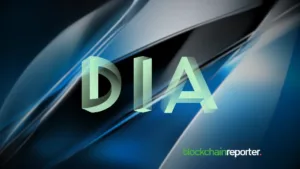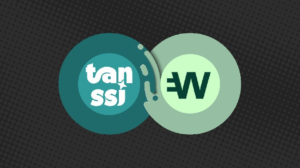Real-world asset tokenization platform Lumia is integrating Avail into its on-chain infrastructure, marking a shift from siloed blockchains to a modular, interoperable infrastructure.
According to a press release received by crypto.news, the collaboration will integrate the Avail Stack infrastructure into the RWA chain to unlock more liquidity and interoperability and ensure data-level secure verification for tokenized real-world assets.
The Avail Stack is a full-stack blockchain infrastructure solution designed to address scalability, interoperability, and liquidity challenges in the blockchain space. It combines three core components, which includes data availability, cross-chain layering, and Avail’s security mechanism.
Its Avail Nexus provides multichain messaging and secure asset movement, laying out the foundation for cross‑chain RWA liquidity. With access to Nexus, Lumia can support multi-chain RWA liquidity as part of its efforts to expand on cross-chain operations.
The partnership marks a shift in the infrastructure built on Lumia as it moves away from the traditional siloed blockchains to a more modular and interoperable infrastructure. It equips the RWA Chain with Avail’s scalable data‑availability layer, which features KZG polynomial commitments, Data Availability Sampling, erasure coding, and light‑client architecture.
The Avail and Lumia integration is scheduled to debut along with major other functionalities and upgrades, such as Lumia Hub, which will launch with Avail DA integration. The upgrade will allow users and builders to issue tokenized RWAs with light-node NFT functionalities.
Co-founder and CEO at Lumia.org, Kal Ali said that the use of blockchain technology in mainstream society is increasing with every year that passes by. He also stated multiple sources cite a growth of more than 60% in terms of Compound Annual Growth Rate.
“This means more people are becoming crypto-literate, more are discovering new investment vehicles, and demand for RWA tokenization is higher than ever,” said Ali.
Echoing Ali’s sentiments, Avail co-founder Anurag Arjun said the potential of tokenization will fully be realized once assets can be liquified, programmable, and globally verifiable on a data-level.
“We need infrastructure that guarantees a composable and interoperable environment; one where tokenized assets aren’t locked into singular ecosystems, but can move freely across chains with compliance, security and scalability embedded at the base layer,” said Arjun.
According to a joint study by Ripple (XRP) and Boston Consulting Group, the global market size for tokenized assets could reach as high as $18.9 trillion by 2033. This rapid growth in adoption is mostly due to the rise in institutional demand for blockchain technology and tokenization of assets.
Read the full article here










